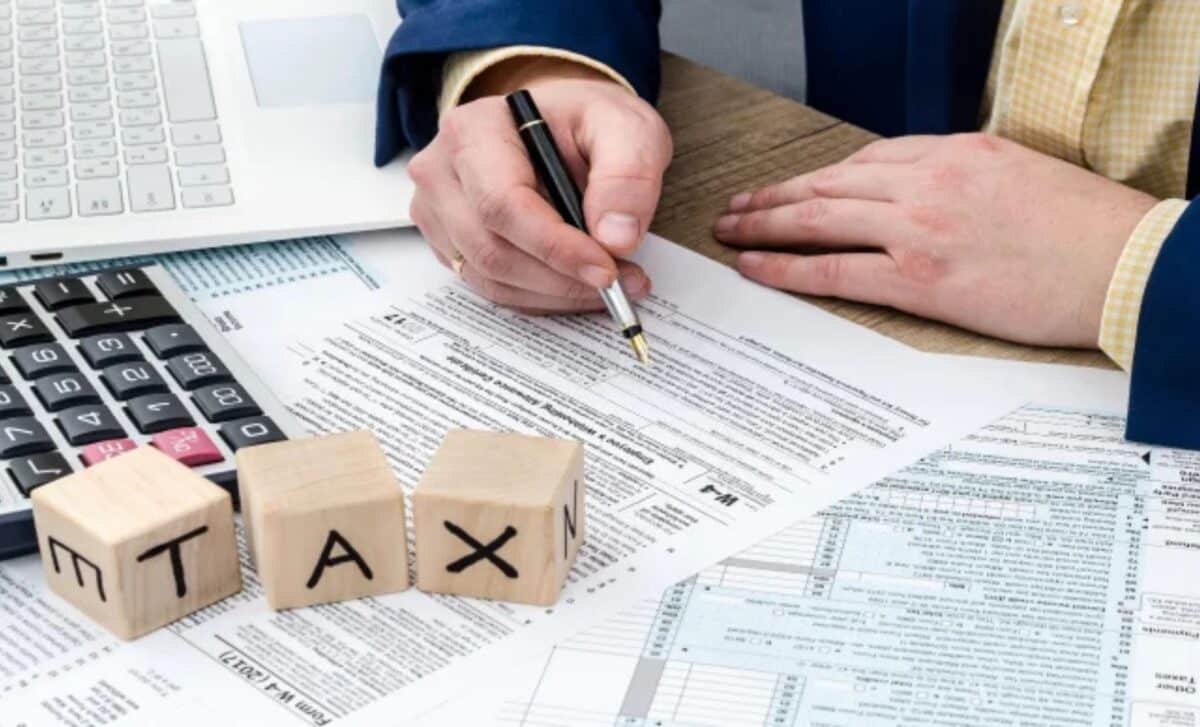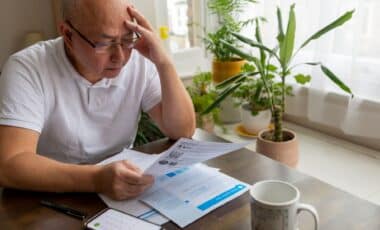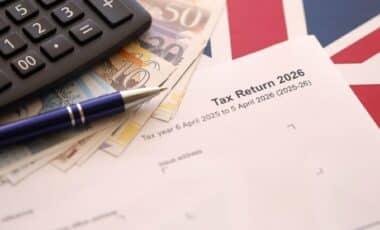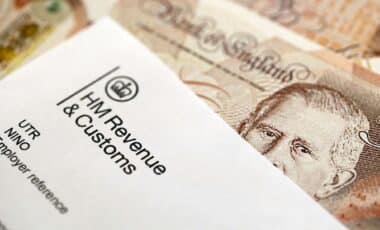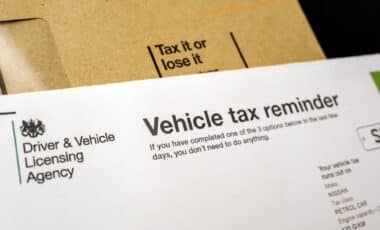A campaign to increase the UK’s personal tax allowance from £12,570 to £20,000 has gained significant traction, crossing a key threshold that now requires a government response. The petition, which argues that raising the tax-free allowance would ease financial pressure on low earners and pensioners, has already gathered 18,000 signatures and continues to gain support.
While proponents see this as a fairer approach to taxation, the government has so far maintained its freeze on tax thresholds, a move that critics argue is pushing more low-income workers into paying tax and increasing the overall tax burden on society’s poorest.
Why Is There a Push to Raise the Personal Tax Allowance?
The UK’s personal tax allowance, which is the amount individuals can earn before paying income tax, has been frozen at £12,570 since 2021. This means that as wages rise due to inflation, more people are being pulled into the tax system, a phenomenon known as fiscal drag.
Supporters of the petition argue that this freeze is disproportionately affecting low earners, pensioners, and those on fixed incomes. The petition, created by Alan Frost, states:
“We think this would help low earners to get off benefits and allow pensioners a decent income. We think it is abhorrent to tax pensioners on their state pension when it is over the personal allowance. We also think raising the personal allowance would lift many low earners out of benefits and inject more cash into the economy creating growth.”
Economic analysts suggest that by keeping the threshold frozen, the government is effectively increasing the tax burden on workers without officially raising tax rates. According to the Office for Budget Responsibility, by the 2025/26 financial year, an additional 1.3 million people will start paying income tax, while 1 million more will be pushed into higher tax brackets due to the ongoing freeze.
How Is the Tax Freeze Affecting Workers and Pensioners?
Since tax thresholds have remained unchanged since 2021, many workers who previously earned below the tax-free limit are now having to pay income tax for the first time. Similarly, pensioners who receive the state pension and other small incomes are now crossing the tax threshold, reducing their disposable income.
Financial expert Martin Lewis, founder of MoneySavingExpert.com, has warned that the frozen thresholds are leading to a silent tax increase for millions of people. He explained:
“Imagine someone who currently earns £12,000 now. Because earnings do tend to increase each year, in a couple of years’ time they’ll earn £13,000. But because the thresholds are frozen, they will now start to pay 20 per cent tax on some of their earnings.”
For pensioners, the impact is even more severe. Unlike workers, they do not benefit from wage growth to compensate for higher taxes, making them more vulnerable to rising living costs and fiscal drag.
Could Raising the Personal Tax Allowance to £20,000 Work?
The idea of increasing the personal tax allowance to £20,000 would mean that millions of low-income workers and pensioners would pay no income tax at all. Advocates argue that this would:
- Boost take-home pay for millions of workers
- Reduce reliance on benefits by allowing low earners to keep more of their income
- Support pensioners, ensuring that state pension income remains tax-free
- Stimulate the economy by increasing disposable income and consumer spending
However, critics question how the government would replace the lost tax revenue. The Treasury relies heavily on income tax as a source of funding for public services, healthcare, and social benefits. Raising the threshold could lead to a shortfall in government income, requiring either higher taxes elsewhere or spending cuts.
What Happens Next?
Now that the petition has crossed 10,000 signatures, the government is required to respond. However, for the issue to be debated in Parliament, the petition must reach 100,000 signatures. If it does, MPs would be forced to discuss whether raising the personal tax allowance is a viable option.
For now, the government remains committed to keeping tax thresholds frozen until at least April 2028, meaning the issue of fiscal drag is unlikely to disappear anytime soon. With the next general election approaching, tax policies and personal income thresholds could become a major political battleground in the months ahead.

